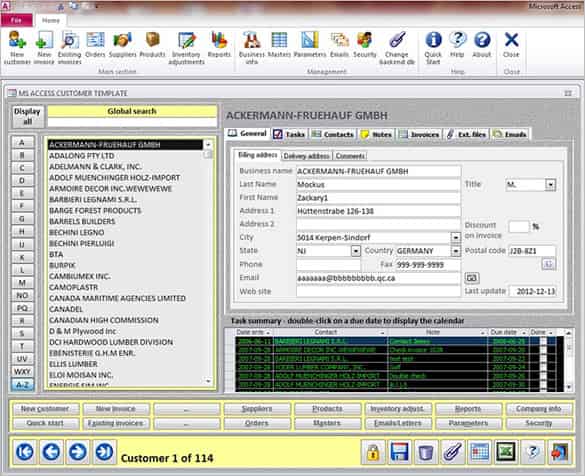

Then use the Browse button to select the CSV file. Right click on your database and select Tasks -> Import Data.įor the Data Source, select Flat File Source. Log into your database using SQL Server Management Studio ROWTERMINATOR = '\n', -Use to shift the control to next rowĮRRORFILE = 'C:\CSVDATA\SchoolsErrorRows.csv',įrom How to import a CSV file into a database using SQL Server Management Studio, from :įirst create a table in your database into which you will be importing BULK INSERT SchoolsTempįIELDTERMINATOR = ',', -CSV field delimiter Handle using ERRORFILE property, specify the error file name, it will write the rows To handle rows which aren't loaded into table because of invalid data or format, could be (does import skips rows that are not importable)? Set columnhavingdoublequotes = replace(columnhavingdoublequotes,'"','')ģ) How do we track if some rows have bad data, which import skips? If you're using BULK insert then there is no way to handle double quotes, data will beĪfter inserting the data into table you could replace those double quotes with ' '. " (double quotes) so how do the import can handle this? Code would look like and this will handle comma and single slash perfectly.Ģ) If the client create the csv from excel then the data that haveĬomma are enclosed within ".

I would use a different FIELDTERMINATOR like ||. If you're using, (comma) as a delimiter, then there is no way to differentiate between a comma as a field terminator and a comma in your data. 1) The CSV file data may have, (comma) in between (Ex:ĭescription), so how can I make import handling these data?


 0 kommentar(er)
0 kommentar(er)
